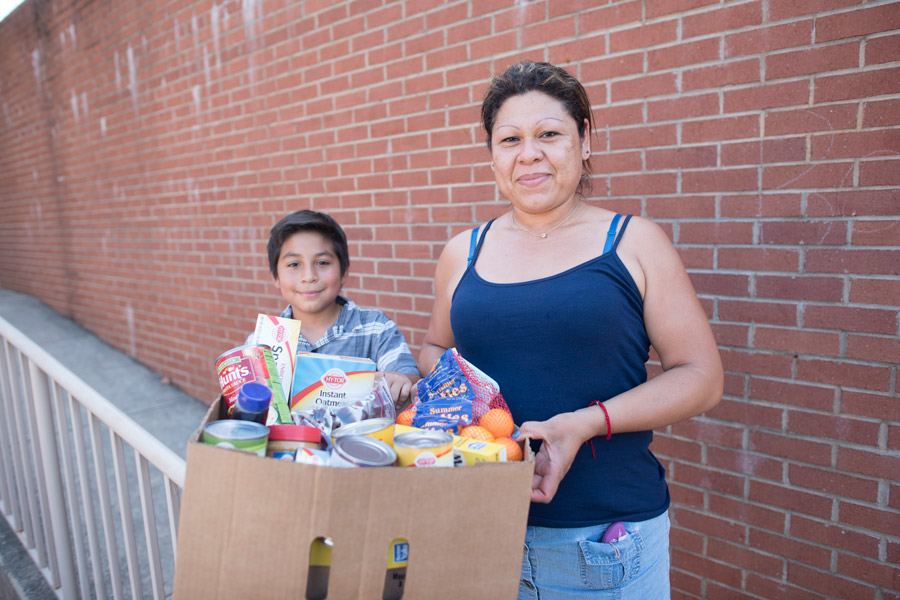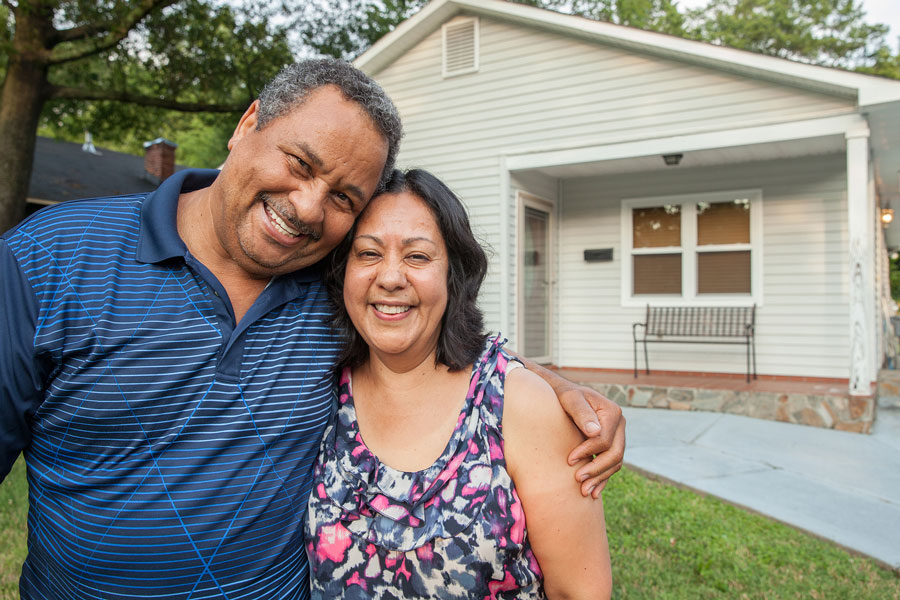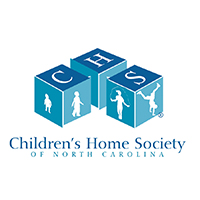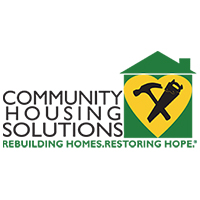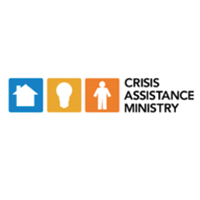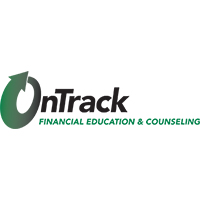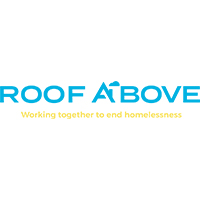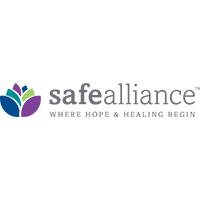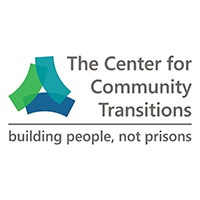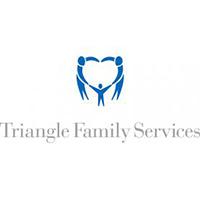Empowering motivated individuals and families to attain self-sufficiency by preventing and addressing personal crises, securing housing and financial stability, and supporting the well-being of vulnerable populations.
The Leon Levine Foundation works to create opportunities for motivated and resilient individuals. We direct funding toward organizations that help during times of unanticipated hardship and enable long-term independence. When investing in service delivery for families, the Foundation supports programs that address the needs of both parent and child, thereby improving outcomes for the entire family unit.
Basic Needs
Grants in this category fund organizations that specialize in “safety net” service delivery, with an emphasis on food, temporary shelter, emergency financial assistance, and legal aid.
Housing Stability
Grants in this category support organizations that provide transitional housing, permanent housing, home preservation, and affordable options for renting or home ownership.
Economic Security
Grants in this category invest in organizations that offer hard and soft skills training, financial
counseling, adult literacy programs, and pathways to employment.
Child & Family Welfare
Grants in this category assist organizations that are working to prevent and treat trauma, strengthen families, and protect the safety and independence of vulnerable individuals.
What We’ve Learned
- Helping families and individuals with temporary assistance to overcome an emergent crisis can minimize, or even prevent, enduring adverse effects.
- Low-barrier supportive services and housing first strategies help those experiencing housing instability get back into permanent housing faster, thereby lessening negative consequences of displacement to both the affected individuals and the community.
- Obstacles to employment and financial self-reliance are best overcome through individualized and culturally relevant training, skill-building, and coaching.
- Leveraging the principles of trauma-informed care helps improve long-term outcomes for survivors of abuse, violence, and neglect.



